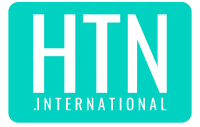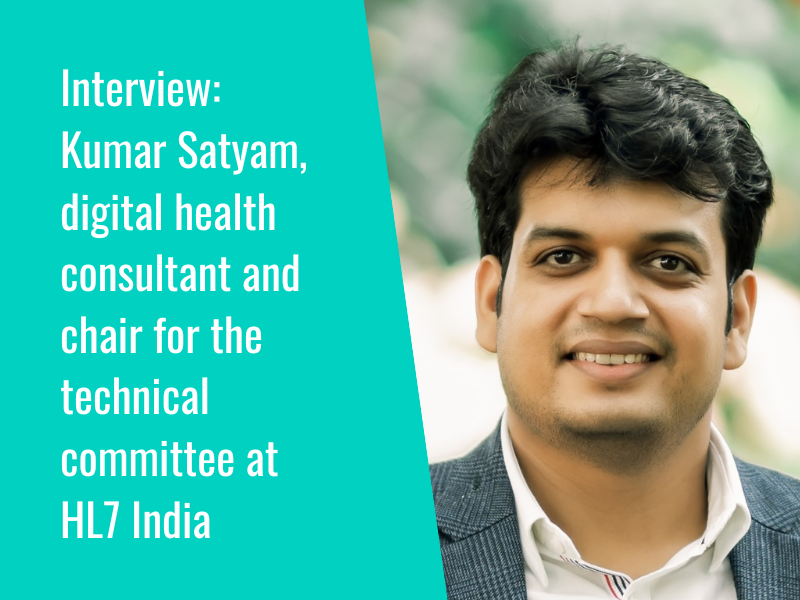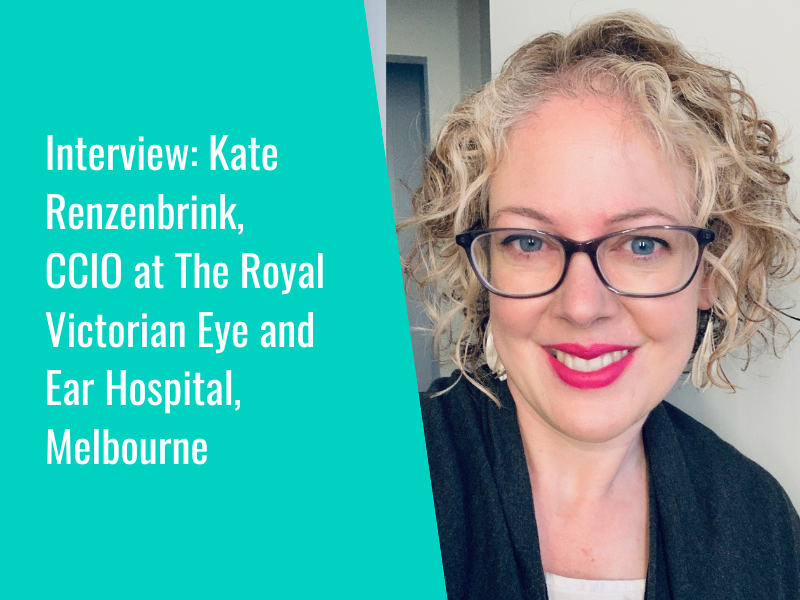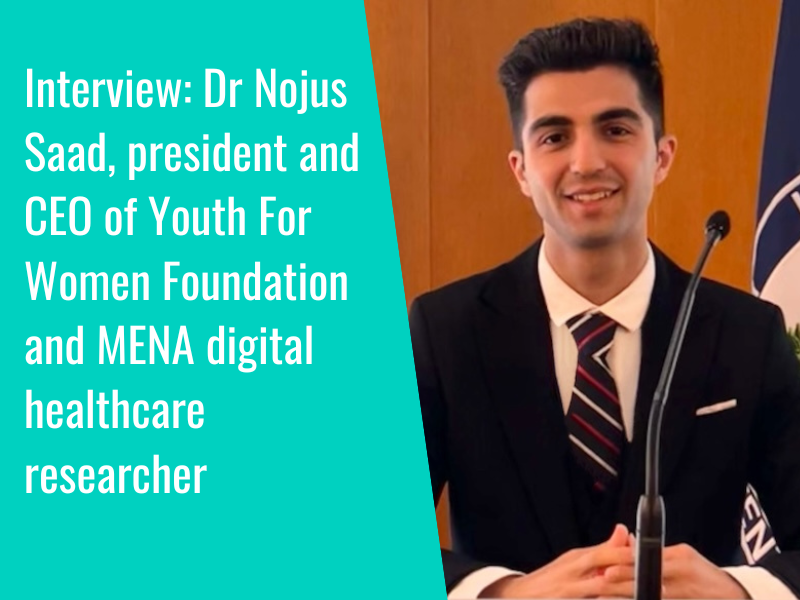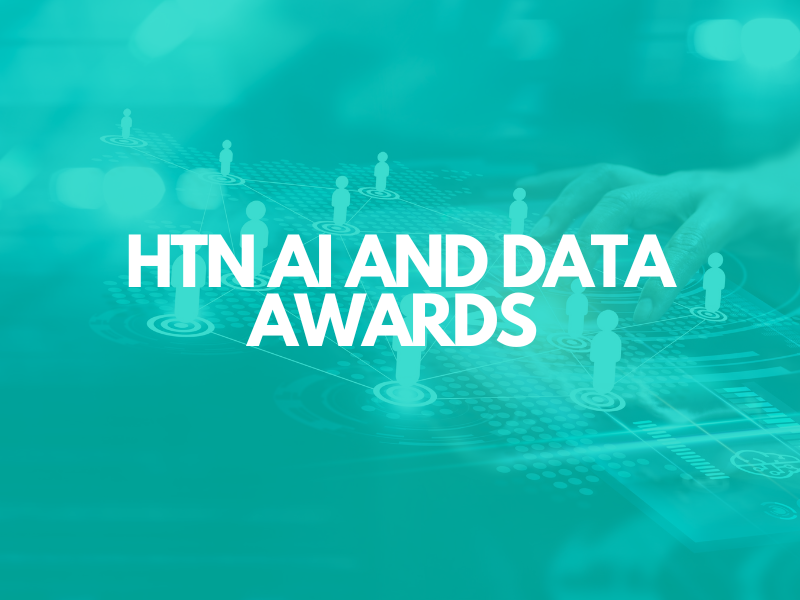A study published in Nurse Education in Practice has evaluated the preparedness of Australian nursing students for the digitalised clinical environment, carrying out an integrative review of the literature and highlighting the need for “a professional digital literacy competency standard framework embedded into nursing curricula”.
Setting out to tackle “limited knowledge about nursing students’ experience and skill level in the use of digital health technology in the clinical environment”, the study was framed around two key questions – what evidence exists round about nursing students preparedness for the digital healthcare environment, and what are the factors that contribute to gaps in nursing students’ digital literacy competency?
The researchers conducted a literature search and critical appraisal which led to the identification of 22 studies relevant to Australia, with further narrowing down leading to nine Australia-related articles being identified for inclusion within the study. Within this literature, four main themes were found to be “pivotal” for nursing students’ preparedness for the digitalised clinical setting: curriculum design; education and training; digital literacy level; and professional digital literacy competency standard framework.
The authors expand on these themes; for example, when it comes to curriculum design, they note that blended learning models are implemented across several higher degree courses in Australia, but raise recommendations from other Australian studies including that implementing an EMR programme into curricula would “better prepare and enhance” confidence in using digital platforms. Additionally, a further study suggested that a new curriculum should be constructed in order to “mirror the sophistication of health technology and informatics in a clinical setting”.
Findings from other studies reinforce these points around education and training, with the authors highlighting a study finding that 97 percent of students in an Australian cohort said that they are “not prepared and feel anxious using an EMR system whilst on clinical placement without prior training”. A recent scoping review suggested that lack of education in nursing informatics is a “main barrier” when it comes to digital literacy, and a further study at one Australian university found that digital literacy skills were “inconsistent”, with nurses “not prepared for the ever-changing technologies in a clinical setting”.
Looking to other countries, literature from contexts including Asia, the US, Canada and Greece was interpreted by the authors to offer strong support for the need to develop a “national professional digital literacy competency framework” to help close the gap in nursing students’ digital literacy skills.
On the Australian context, authors concluded that “Australian nursing students lack the required digital literacy and ICT skills to cope with the ever-changing innovative trends in technology”, and highlighted the lack of research or data that “evaluates or measures the effectiveness of a national competency framework in improving nursing students’ digital literacy skills and how this ultimately prepares them for the digitalised clinical environment”.
Recommendations from the study include implementing a national competency framework that would test nursing students’ competency levels in digital literacy, and reviewing and updating existing programs to include nursing informatics to “keep up with the ever-changing technological workplace”.
To read the study in full, please click here.
Citation: Annette Stunden, Anupama Ginige, Rebecca O’Reilly, Prathyusha Sanagavarapu, Leeanne Heaton, Diana Jefferies. Nursing students’ preparedness for the digitalised clinical environment in Australia: An integrative review. Nurse Education in Practice, 75 (1),
2024. https://doi.org/10.1016/j.nepr.2024.103908.
Elsewhere in research on technology in health, an article published in Frontiers in Artificial Intelligence has explored knowledge, perceptions, and the current state of AI and machine learning (ML) in Nigerian healthcare. Findings show that the majority of Nigerian healthcare professionals report “good knowledge” on AI and ML, and that a significant majority felt that the use of ML in healthcare could help improve service delivery.
- 1
- 2
